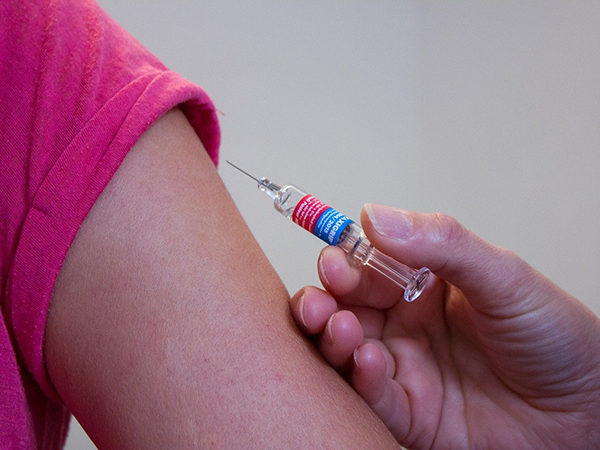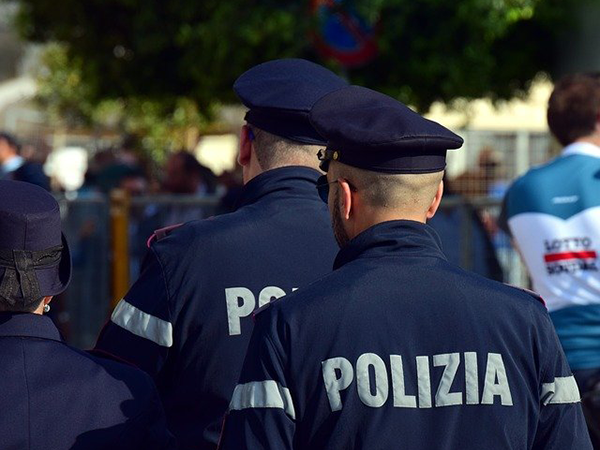Welcome to another installment of Dr. Lou’s View. I’m Dr. Lou Marciani, the director and co-founder of the Innovation Institute for Fan Experience. In this section of our newsletter, I share my thoughts on a key issue facing the sports and entertainment industry. Today, I will discuss some practical applications of a new United Nations (UN) global security curriculum.
Last month, the UN held a virtual learning session on its new guide, “Securing of Vulnerable Targets from Terrorist Attacks: Challenges of Major Sporting Event Security Governance.” The UN Office of Counter-Terrorism, UN Interregional Crime and Justice Institute, and UN Alliance of Civilizations, and International Center for Sports Security presented. Our IIFX co-founder and associate director, Chris Kinnan, attended.
This training provided a wealth of information, and I want to provide five key practical applications.
1. Covid Impact
While the coronavirus pandemic is waning in many parts of the world, it could take a few years to end everywhere. Thus, the sports and entertainment industry still must take it into account when planning mass spectator events.
I helped write Principles to Guide Return to Work, Play, and Spectate Guide to address the industry’s Covid response.
In 2020, 98 diverse industry thought leaders, skilled practitioners, and subject matter experts formed the Return to Work, Play, and Spectate Task Force. Together, we analyzed how to best adapt and reimagine industry management, operations, health, safety, security, and service practices in the wake of the pandemic.
Based on the Task Force’s work, we propose five key steps to reopening after Covid. First, assess your operations in the context of the current health and safety situation in your location. Then, reassure fans and staff that you are valuing their safety through your reopening plans.
Next, ready your operations for the return. Acquire new technology for things like testing or contactless concessions, and train your staff in all new protocols. After that, return to full capacity when local regulations allow.
Finally, recover from the losses incurred since March 2020. I recommend a “Fancentric” approach that recognizes that the fan experience is an individual journey that begins in the homes of fans, staff, and talent.
We must also remember that the pandemic response does not look the same around the world.
Per Our World in Data, 24.4% of the world has received at least one vaccine dose, but just 1.1% of vaccines have been administered in low-income countries. Conversely, 55% of Americans, 66% of Brits, and 68% of Canadians have received at least one dose.

2. Leadership and Vision
The UN recommends hiring moral and ethical leaders and including security in the event’s overall mission.
While many events, including this very UN conference, are still taking place virtually, I believe the best way to get to know someone is face-to-face. I recommend that organizers of mass spectator events personally meet candidates for leadership roles in event security.
This real-life interaction allows event organizers to assess the sincerity of potential security leaders. It also gives organizers a better idea of how these leaders think and lets them begin a working and personal relationship. With this mutual trust established, a strongly vetted security coordinator can move straight away into hiring staff and organizing operations.
Once hired, support your security leaders by defining their role and responsibilities and ensuring they have the tools, training, and appropriate authorities to perform.
3. Coordination
The UN lists coordination as a foundation of security. It recommends involving national and multi-level authorities (e.g. a national Sports Ministry and a regional or local health department) and business sectors. These organizations should coordinate training, data, and legal framework, the UN says.
I recommend that organizations take advantage of international training courses to ensure that they are all up to date and on the same page. Such training is especially important for multinational events like the just-concluded Euro 2020 tournament and the upcoming Olympics.
Before founding IIFX, I spent 14 years leading the National Center for Spectator Sports Safety and Security (NCS4) at the University of Southern Mississippi. While there, I helped NCS4 create the first course ever accredited by INTERPOL, followed by five additional police capacity-building practices. We have taught 131 police commanders from 58 nations since its inception in 2017.
A global organization like INTERPOL helps set standards and also aids in coordination and communication across national borders. In 2012, NCS4 joined INTERPOL’s Project STADIA as a research and academic pathfinder. We helped create police capacity building programs in INTERPOL’s 194 member nations. Evidence-based programs like that can facilitate data-sharing in the build-up to major global events.
During the planning and execution of such events, all stakeholders must be in constant contact with each other. In our review of the Manchester Arena inquiry in our last newsletter, we saw how communication breakdowns in training and execution contributed to a tragedy.
Thus, all constituencies must communicate frequently and effectively, and there must be proper channels through which issues can be escalated. Additionally, multinational events require especially detailed coordination on legal matters, as multiple national governments are involved.

4. Strategic Approaches to Security Planning
The following are some of the UN’s goals for strategic security planning.
- Develop adaptable plans, with planning for worst cases and more probable instances.
- Test plans regularly to ensure they’re working as needed.
- Establish a knowledge transfer process from the start to coordinate with planners of future events.
As I mentioned last time, security teams can drill certain situations, like a mass evacuation, at every event. Just place the involved staff in the proper locations and follow communication protocols. Then, if an actual emergency evacuation occurs, staff can simply add a heightened sense of urgency. This practice allows planning for a worst case while also fine-tuning regular entry and exit protocols. It is also an example of regularly testing plans.
Additionally, having a knowledge transfer process allows organizers to plan for multiple similar events without having to start from scratch. For instance, Los Angeles is bidding to host matches for the 2026 World Cup, which will take place across the U.S., Mexico, and Canada. The city will also host the 2028 Olympics. If L.A. hosts 2026 World Cup matches, a knowledge transfer process could make preparation for the 2028 Olympics easier.
5. Legacy Considerations
The UN also says that security planning for mass spectator events should also focus on creating a lasting socioeconomic impact on host sites.
For example, Yahoo’s Lee Jarvis highlights how facilities used for London’s 2012 Olympics remain in use today. Jarvis further notes how organizers recycled all material from London’s six temporary facilities. He also adds that hosting some events outside the Olympic Village allowed the whole city to benefit from the Games.
Brazil’s 2014 World Cup shows a different reality, however. The BBC’s Bruce Douglas says that many of the stadiums Brazil built for the event have struggled to take in enough money to cover their operating costs and that some Brazilians think that hosting the World Cup was a waste. Business Insider‘s Gene Kim and Clancy Morgan highlight one $300 million stadium that now sits abandoned, lending that argument credence. Douglas adds, though, that FIFA (soccer’s global governing body) points to a $92 million development fund it started in Brazil.
I believe large, empty stadiums can pose security risks, too. Holding a sparsely attended event in a large stadium can strain security personnel or force organizers to hire more staff than the crowd size would otherwise warrant.
Therefore, security organizers should take legacy considerations into account, too.
Thanks for reading,

Please feel free to share this article and our newsletter with others. If you have a suggestion for our next installment, email me at [email protected]. I’d love to hear from you, and I hope you’ll check out the rest of our newsletter and join me here again for the next edition of Dr. Lou’s View. If you like what you see, consider subscribing to make sure you get our latest industry insights.
Starting in August, some of our content will become subscriber-exclusive. This move will help us continue to grow and give our subscribers more insider advice, insights, and networking opportunities. Our newsletter, the IIFXtra, will send you a mix of free and exclusive content as soon as we publish it. Sign up for the IIFXtra below and learn more about subscribing here.
[mailmunch-form id=”1036259″]

